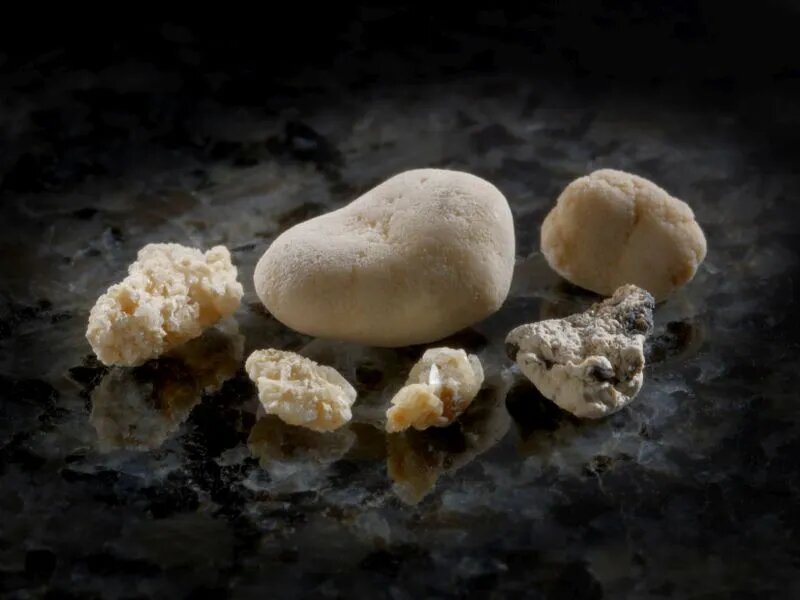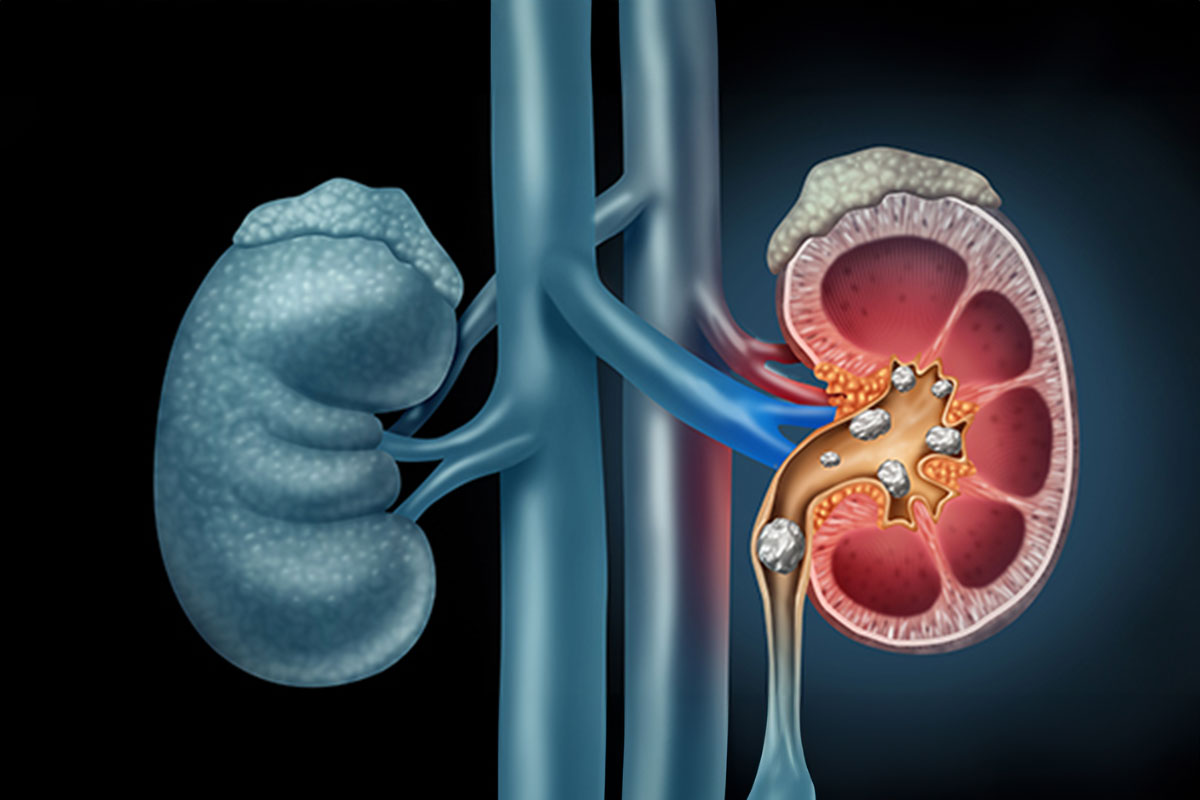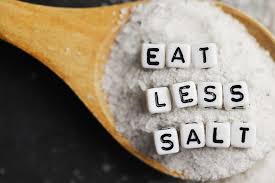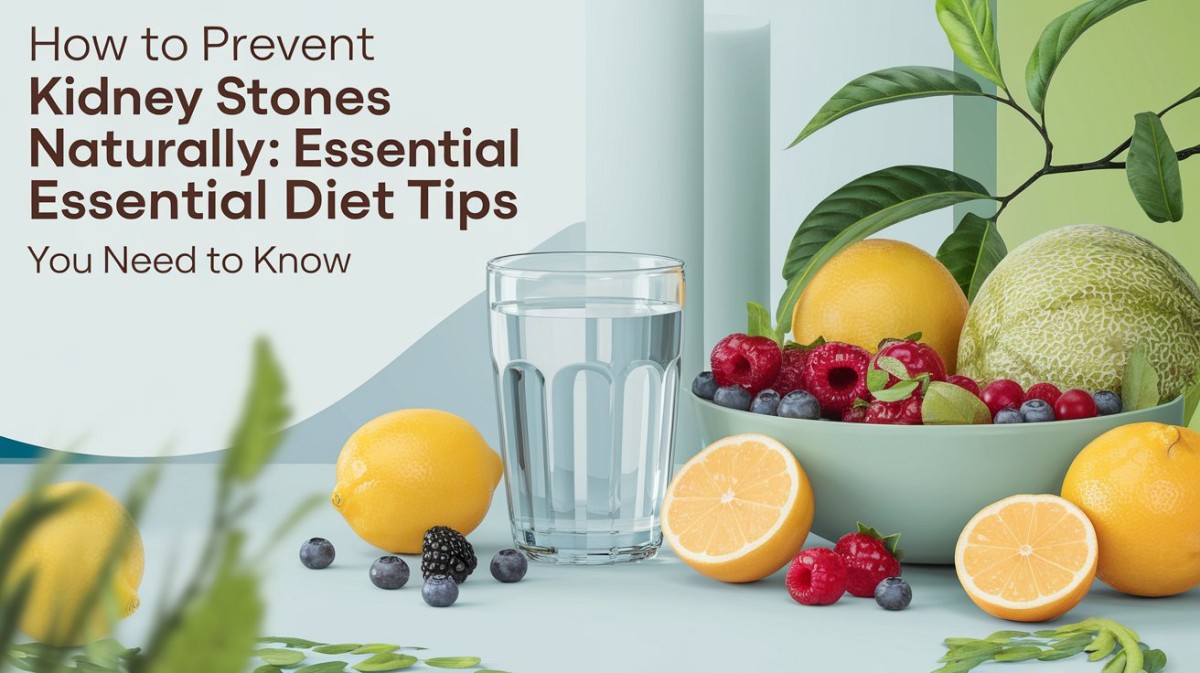Kidney stones are a painful reminder to drink more water and less soda.
Yes! Kidney stones can be one of the distressing concerns but as mentioned above you can manage it with simple lifestyle changes.
A lot of us unfollow the right choices backed up with unhealthy lifestyles so what we need to do is just put a full stop to those habits and read on further.
Now, let’s dive into the blog to explore how you can manage kidney stones naturally, their sizes, and the foods to avoid while having kidney stones.
Introduction to kidney stones
 Kidney stones, also called renal stones or nephrolithiasis, are hard solid masses formed from crystallized (solid waste materials that build up in the kidneys and form crystals), minerals, or salts in the kidneys. These stones can come in four different types but 80% are of calcium oxalate and struvite, uric acid, and cysteine are less commonly seen forms. Also, these stones vary in size and might range from tiny grains to stones as large as a golf ball. While smaller stones often pass through the urinary system unnoticed, larger ones can cause intense pain(can cause blockage of your urinary system) and require medical attention.
Kidney stones, also called renal stones or nephrolithiasis, are hard solid masses formed from crystallized (solid waste materials that build up in the kidneys and form crystals), minerals, or salts in the kidneys. These stones can come in four different types but 80% are of calcium oxalate and struvite, uric acid, and cysteine are less commonly seen forms. Also, these stones vary in size and might range from tiny grains to stones as large as a golf ball. While smaller stones often pass through the urinary system unnoticed, larger ones can cause intense pain(can cause blockage of your urinary system) and require medical attention.
Studies say that and is seen in most other cases that once you get a kidney stone you have a 50% higher probability of getting it within the next 5 to 10 years.
Understanding Kidney Stone Sizes
Kidney stones 3.5 mm to 5.5 mm:
These are generally smaller stones that can often pass naturally with proper hydration and lifestyle adjustments if you follow the right choices as advised by your healthcare provider.
Kidney stones 7 mm to 8 mm:
These second types of stones of this size might require medical intervention, such as medications or minimally invasive procedures for easier passage. Also, these stones show symptoms such as sharp pain and potential urinary blockage.
Kidney stones 13 mm:
The 13 mm stones rarely pass naturally as they are large and often need advanced treatments like lithotripsy or surgery.
Now that we’ve got to know the kidney stone sizes let’s understand how we manage them naturally all with a simple diet chart:
Kidney Stones Diet Chart
Category |
Foods to Include |
Foods to Avoid |
Why? |
|
Hydration |
Water, lemon water, orange juice, tea, wine, tomato juice |
Sugary drinks, cola, soda |
Staying hydrated helps prevent stone formation; sugary drinks and cola increase stone risk due to the presence of fructose. |
|
Fruits |
Citrus fruits (lemon, orange), watermelon, grapefruit |
Oxalate containing berries like strawberry, raspberry, and blueberry. |
Citrus fruits increase citrate, preventing stones; berries may raise the risk of certain stones. |
|
Vegetables |
Broccoli, kale, cucumbers, zucchini, bell peppers |
Spinach, beets, rhubarb, Swiss chard |
Low-oxalate veggies are safe; high-oxalate ones can promote calcium oxalate stones. |
|
Dairy |
Low-fat milk, yogurt, cheese |
Excessive calcium supplements |
Adequate calcium reduces oxalate absorption; too much calcium can contribute to stone risk. |
|
Protein |
Lean poultry, fish, plant-based proteins (kidney beans) |
Red meat, organ meats, processed meats |
Moderate protein reduces stone risk; high purine foods increase uric acid stones. |
|
Grains |
Whole grains (brown rice, quinoa) |
Refined grains (white bread, pasta) |
Whole grains provide fiber and magnesium, which help prevent stones. |
|
Beverages |
Tea high in oxalates (black/iced tea) |
Herbal teas are hydrating; high-oxalate teas can contribute to stone formation. |
|
|
Nuts & Seeds |
Almonds (in moderation), sunflower seeds |
Peanuts, cashews |
Low-oxalate nuts are safe; high-oxalate nuts may increase stone risk. |
|
Sweeteners |
Sugar, artificial sweeteners |
Excess sugar increases risk; natural sweeteners are safer in moderation. |
|
|
Fats |
Trans fats, fried foods |
Healthy fats support overall health, while trans fats increase kidney disease risk. |
|
|
Spices |
Turmeric, coriander |
High-sodium seasonings (MSG, soy sauce) |
Reducing sodium prevents calcium stones. |
Additional Tips
Limit sodium intake:  Having kidney stones you must limit sodium intake because excess salt increases calcium excretion, leading to stone formation. Limit it to <2,300 mg/day.
Having kidney stones you must limit sodium intake because excess salt increases calcium excretion, leading to stone formation. Limit it to <2,300 mg/day.
Maintain moderate protein:
The second crucial aspect is to watch your protein intake because too much animal protein increases uric acid levels so balance it with plant-based proteins.
Monitor oxalate:
Pair high-oxalate foods with calcium-rich foods to reduce oxalate absorption.
Learn more about healthy diets - manage different health concerns.
The bottom line:
Hydration, diet, and targeted medication are all part of the natural management of a kidney stone. Knowing the type of stones you have, following a preventive diet, and understanding when to seek medical help has dramatically reduced recurrence and distress from kidney stones. Book a kidney function test for proper analysis, tailored to your unique health concern.
